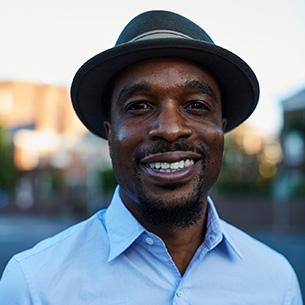
Stephen Robert '62 Campus Center, Petteruti Lounge
Dr. Laurence Ralph will engage in an open dialogue with students and faculty about urban ethnography, methodology, and crafting a research project. He will discuss some of the challenges of engineering a research project and techniques for writing about emotionally charged social issues.
|
Laurence Ralph is an Assistant Professor in the Departments of Anthropology and African and African American Studies at Harvard University. He is the author of "Renegade Dreams: Living Through Injury in Gangland Chicago" (University of Chicago Press). His scholarly work explores how the historical circumstances of police abuse, mass incarceration, and the drug trade naturalize disease, disability, and premature death for urban residents, who are often seen as expendable. Theoretically, his research resides at the nexus of critical medical and political anthropology, African American studies, and the emerging scholarship on disability. He combines these literatures to show how violence and injury play a central role in the daily lives of black urbanites. Laurence explored these diverse themes in Anthropological Theory, Disability Studies Quarterly, Transition, and Identities: Global Studies in Culture and Power. Ralph earned a PhD Master of Arts degree in Anthropology from the University of Chicago, and a Bachelor of Science degree from Georgia Institute of Technology where he majored in History, Technology and Society. |
|
"Renegade Dreams is a tour de force—[Ralph's] explicit discussion of the interconnections of inner-city injury with government, community institutions, as well as how it is related to historical and social processes, is a major contribution.”
"In Renegade Dreams, Ralph has achieved what few ethnographers, investigative journalists, and drive-by sociologists ever do: a radical empathy for his subjects that refuses to impose a colonial worldview ... Theoretically rich and superbly written, this book exposes what is hidden in plain sight: the full humanity of people whose lives are greater than the sum of their pain and peril and far more connected to ours than we'd like to believe." |
